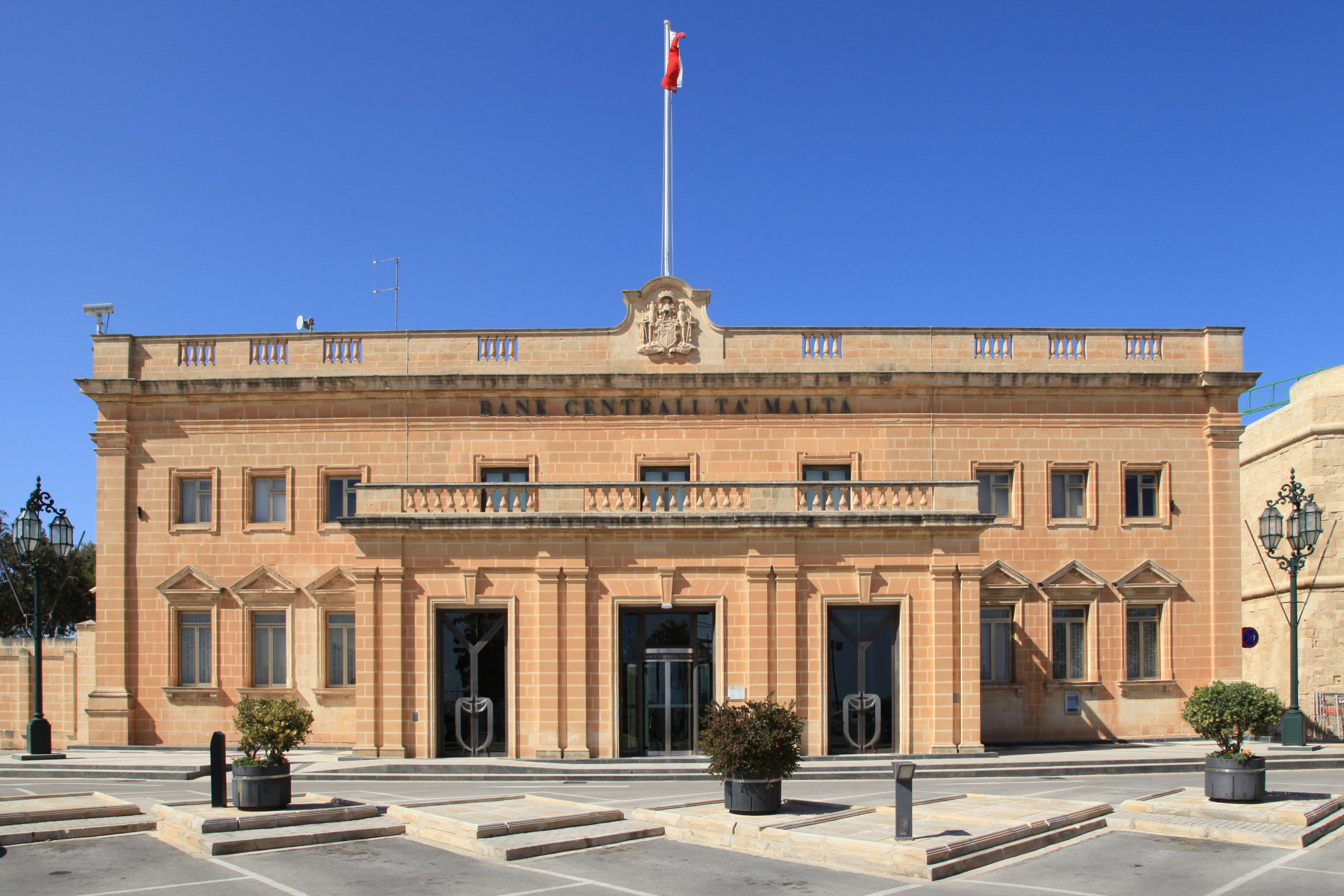The profitability of domestic banks was found to have improved despite the effects of the Russian invasion of Ukraine, inflationary pressure and tightening monetary policy, according to a report published by the Central Bank of Malta (CBM).
The CBM published its fifteenth edition of the Financial Stability Report which provides an in-depth assessment of the domestic and international developments that could impact the stability of the financial system.
The report noted that the post-pandemic global economic recovery was somewhat hindered by the Russian invasion of Ukraine, which caused supply chain disruptions and aggravated inflationary pressures. This led to central banks around the world to tighten their monetary policy in order to rein in inflation through measures such as higher interest rates.
It noted that policy measures adopted in Malta shielded the local economy from direct repercussions of the war, however, inflation was still indirectly affected.
Nevertheless, it noted that the Maltese economy still grew, aided by the Government’s measures to mitigate the rise in energy prices. Furthermore, it acknowledged that the Malta Development Bank (MDB) introduced schemes to alleviate liquidity concerns and provided emergency support to firms in economic sectors impacted by the war.
Within the euro area, key interest rates were found to have increased rapidly, and the European Central Bank (ECB) also discontinued its asset purchase programme.

The report also noted that the economic shocks led to high volatility in financial markets which led to lower bond and equity prices, as a result wiping away previous gains.
Amid the challenges, the profitability of domestic banks improved. Income from intermediation activities rose on the back of sustained lending and wider margins. Furthermore, the ECB started to remunerate bank deposits, while income from bond portfolios also rose.

At the same time, asset quality had improved considerably on the back of lower non-performing loans (NPLs), with the NPL ratio trending downward since the height of the pandemic.
This was found to have mainly been driven by the real estate sector, as demand picked up following a slowdown during the pandemic.
Stress tests conducted by the CBM also confirmed that Maltese banks remained adequately capitalised, however, it noted that further inflationary pressure and interest rate hikes could affect borrowers’ repayment capabilities and could potentially lead to asset quality deterioration.
However, given that local banks had ample liquidity, unlike other euro area countries, the interest rate pass-through is slower in Malta.
Domestically-relevant insurance companies and investment funds were also found to have been adversely impacted by the volatility in financial markets, which affected their investment income and balance sheet composition.
Nonetheless, both insurance companies and investment funds continued to operate on the back of strong capital and liquidity buffers, which the report claimed should enable them to withstand potential shocks from the ongoing macroeconomic uncertainty and inflationary pressures.
The report recommended vigilance for potential adverse developments impacting financial stability going forward. It claimed that the slowdown in global economic growth coupled with inflationary pressures could potentially negatively impact the repayment capabilities of borrowers with consequences on banks’ asset quality.
Furthermore, the report found that banks’ income from intermediation could be adversely affected if loan demand weakened significantly. Against this backdrop, banks were encouraged to continue adopting conservative lending practices and maintain healthy liquidity and capital buffers and monitor emerging financial stability risks, such as cyber and climate-change-related risks.
Malta’s youth population down by 15,000 in 10 years: What does this mean for the labour market?
'The challenge today goes beyond attracting talent – it’s about retaining it'
MBB urges caution over EU’s 2040 climate targets, citing risks for Maltese businesses
'The proposed target presents both opportunities and challenges'
db Foundation raises €8,419 for Karl Vella Foundation with MasterChef Malta Charity Dinner
These events form part of the db Foundation's ongoing commitment to supporting vulnerable members of society through impactful initiatives






